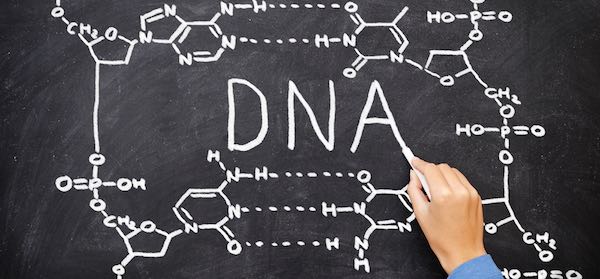Depression is a condition that casts a shadow over the lives of many, with one in five Australians experiencing its grip at some point. But there’s a glimmer of hope on the horizon, thanks to a group of Queensland researchers who are part of a groundbreaking genetic study that could revolutionise the way we treat this pervasive mental health issue.
The study, which is the largest of its kind in the world, has involved the diligent efforts of researchers from QIMR Berghofer Medical Research Institute and The University of Queensland. By analysing genetic data from an impressive cohort of 680,000 individuals affected by depression, these scientists have identified a staggering 697 genetic variants associated with the condition. This discovery nearly doubles the number of known genetic factors linked to depression and paves the way for new and more effective drug options.
This breakthrough is not just about numbers; it’s about the potential for real-world impact. Dr Brittany Mitchell from QIMR Berghofer explains that most of these genes are involved in brain function and how our brains react to various stimuli, such as stress or lack of sleep. This insight could lead to the repurposing of existing medications—those currently used to treat chronic pain or sleep disorders, for example—that target the same brain pathways implicated in depression.
The implications of this research are vast. With a deeper understanding of the genetic underpinnings of depression, we can look forward to more personalised treatment strategies. As we learn more about the function of these genes, we can tailor therapies to the individual, potentially improving outcomes for those who suffer from this debilitating condition.
However, it’s important to remember that treating depression is often a multifaceted endeavour. Medication, while a crucial component for many, is just one piece of a larger puzzle. Dr Luke Martin from Beyond Blue reminds us that finding the right combination of treatments is key. This can include talking therapies, lifestyle changes, and, of course, medication.
The journey to wellness for those with depression can be complex and deeply personal. But with these new findings, we are one step closer to a future where the fog of depression can be lifted with greater precision and understanding. As we celebrate this scientific milestone, we also acknowledge the ongoing need for comprehensive care that addresses the full spectrum of mental health needs.
Have you or someone you know faced challenges in finding effective treatment for depression? How do you think these new findings could shape the future of depression treatment? We’d love to hear your thoughts and experiences in the comments below!
Also read: Experts looked at genetic clues to depression. What they found may surprise you

